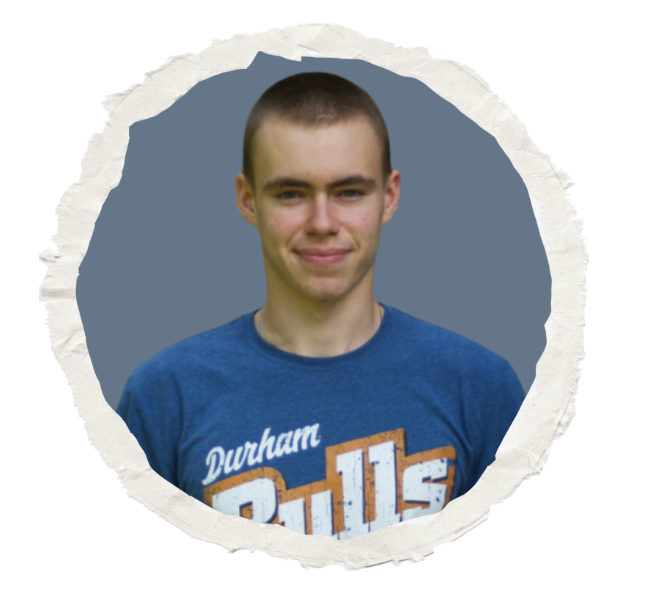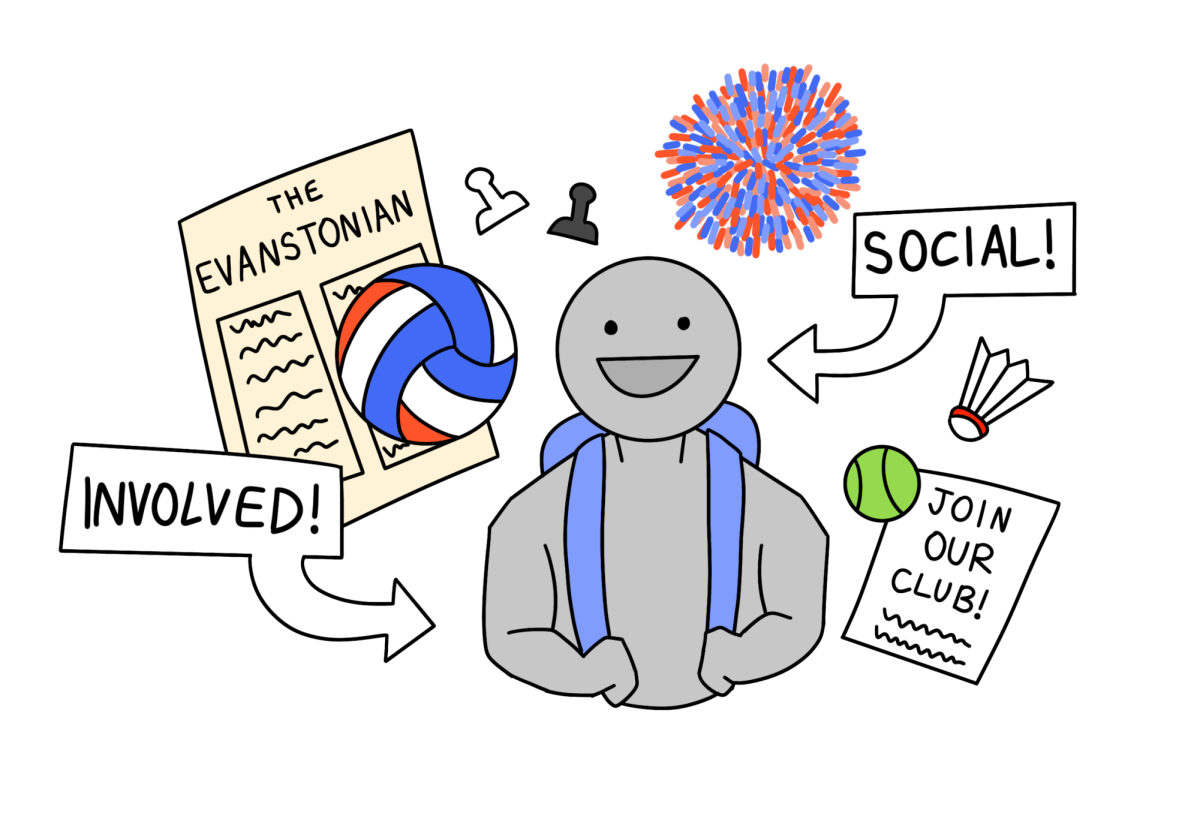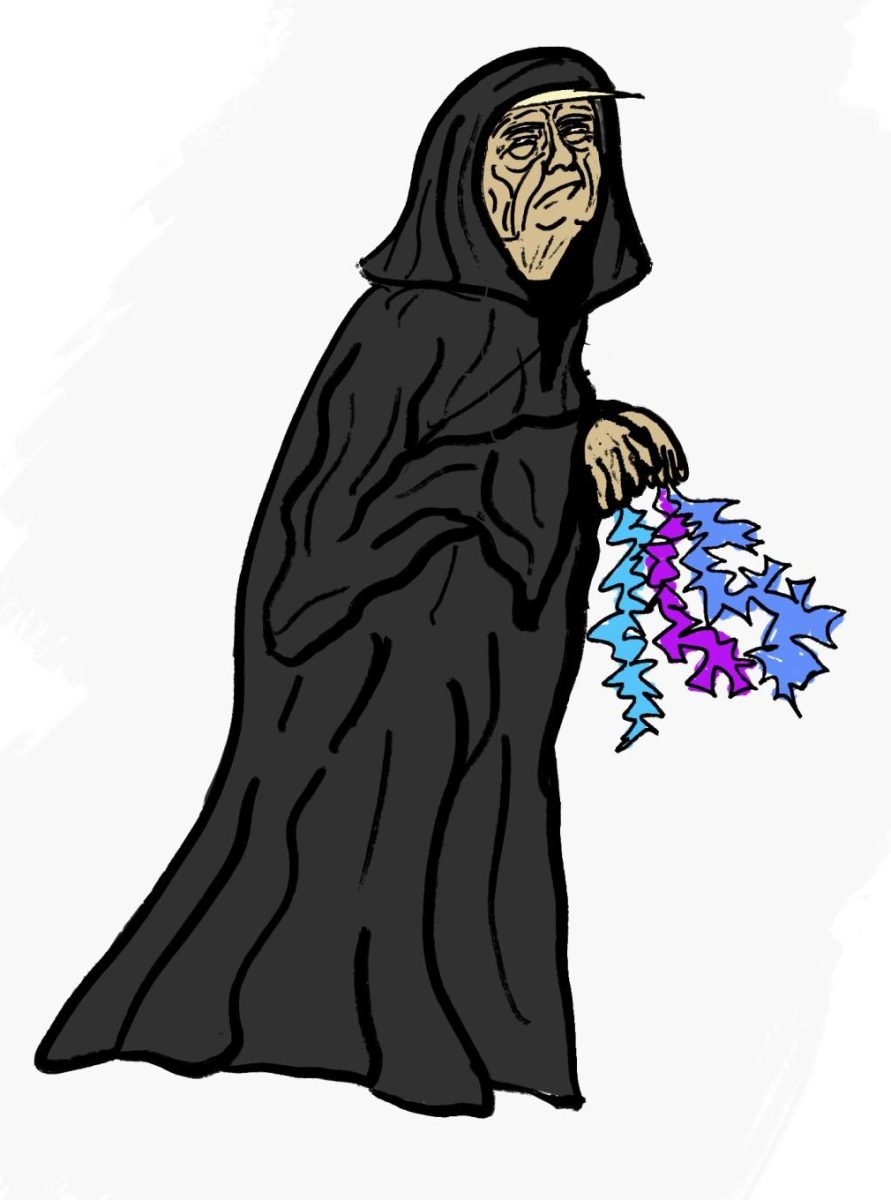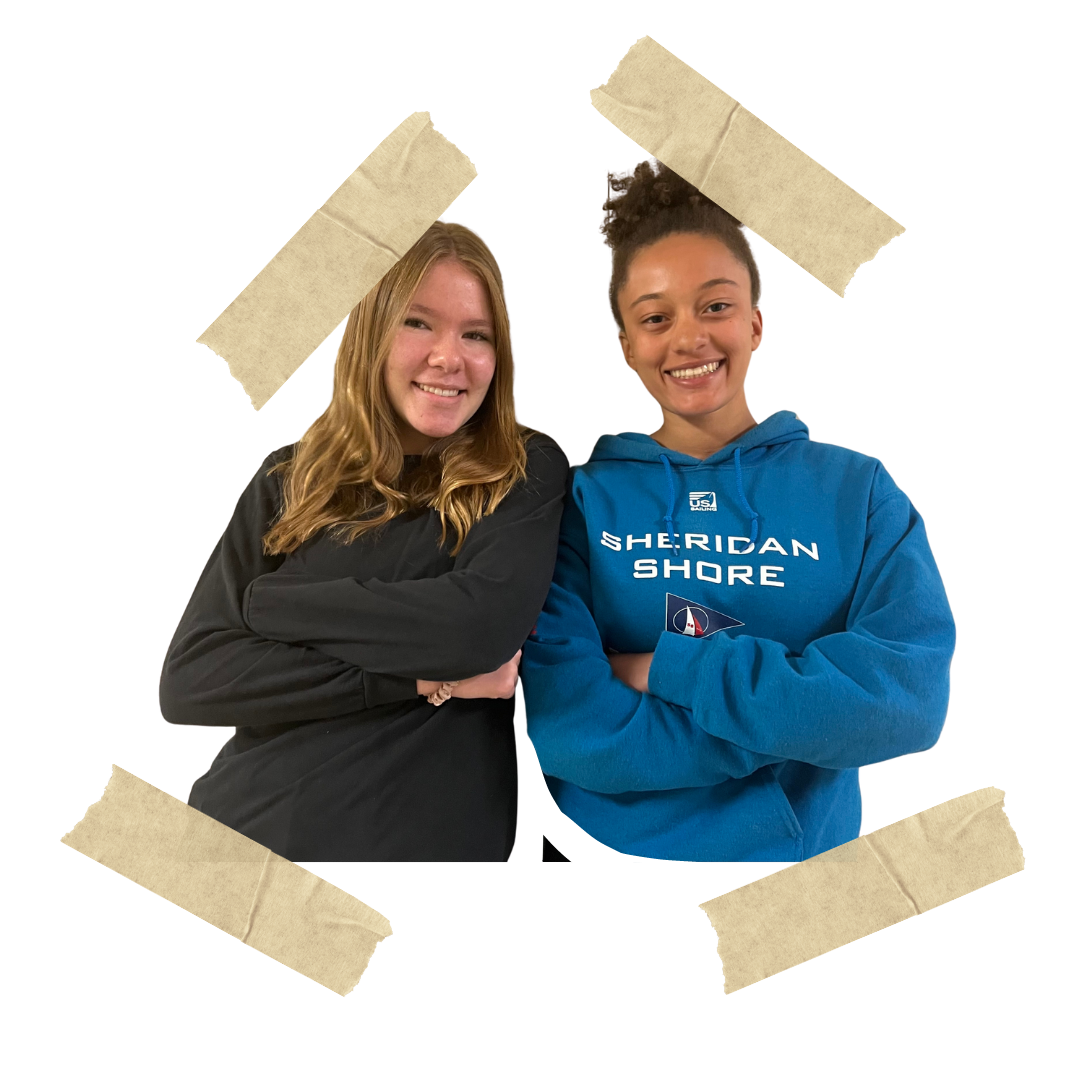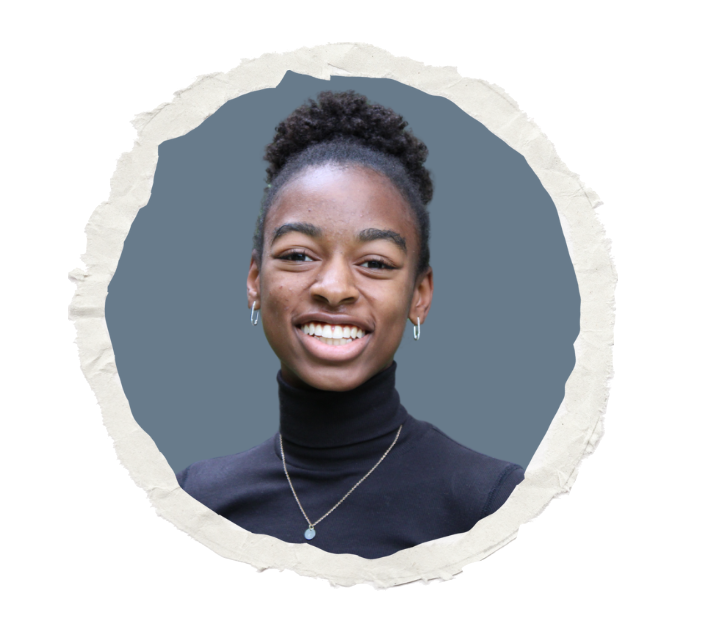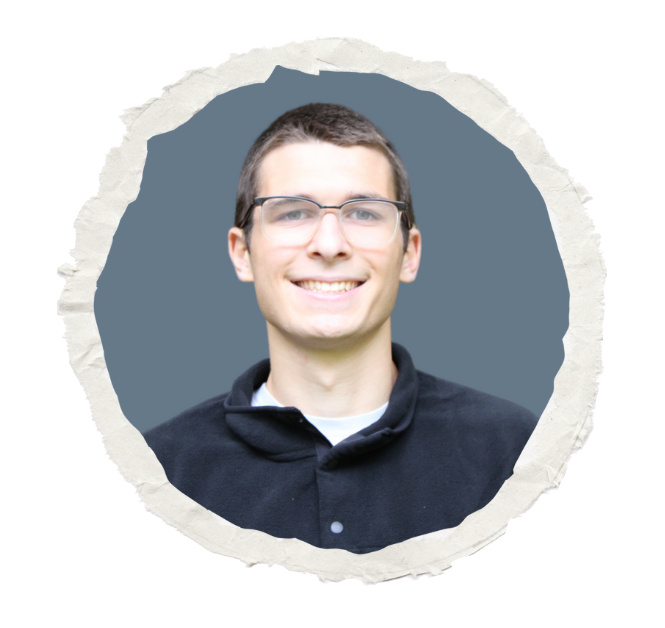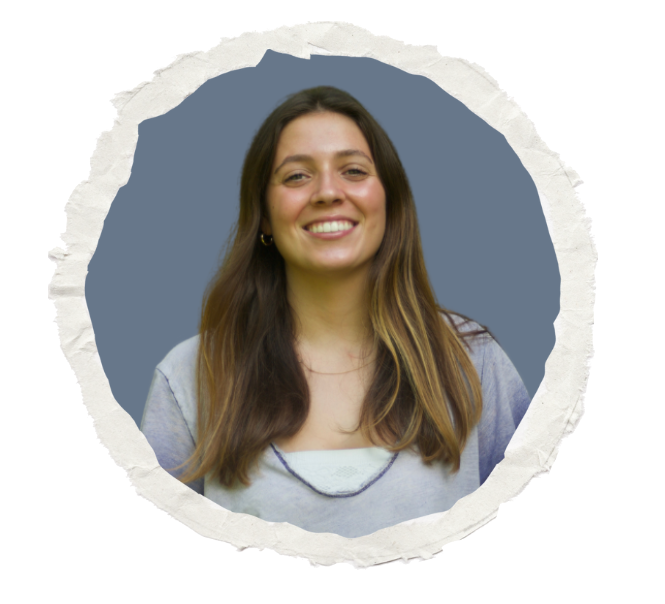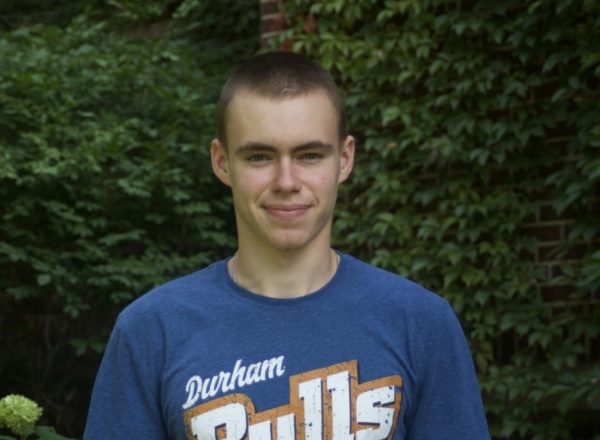My high school experience was not what I expected it to be. Well, how could I have expected to spend my freshman year holed up at home, sleepwalking through long months of isolation from my peers. But even when I embarked on three years of in-person school, my perception of ETHS shifted and evolved, frequently leaving me disappointed but sometimes offering me a profound sense of belonging.
My brother, who graduated from ETHS in 2020, had what I perceived as a peak high school experience. He captained the congressional debate team, a part of a larger Speech and Debate club with over 100 members. He was the assistant Student Rep and found community in Student Union and Model U.N. He found friends naturally, seemingly going out every weekend night, either returning to tell me the latest drama in his friend group or just diving into prep for his next debate tournament. He was accepted to Brown University in the Early Decision window, and that was that.
I entered high school with immense fear that I couldn’t match the legacy that he left, but also with the expectation that my experience would be similar. The expectation that I would find friends easily and engage in ambitious extracurriculars and, if I was lucky, follow my parents and my brother to an Ivy League school.
At first, it was easy. I entered my sophomore year (my first real year of high school) with my mask on and my chin up, energized by the sheer number of people who I got to speak to throughout the school day. I built friendships and played soccer and wrote for The Evanstonian and did the things that fulfilled me.
But when those friendships soured, when I hit a roadblock in soccer and missed out on other opportunities, I became lost. I succumbed to the notion that I wouldn’t live up to the lofty expectations that I had set for myself—the expectations that I felt I had to meet or else I would be a failure.
My low point in those final months of sophomore year turned out to be a jumping-off point for the transformative next two years of my life. I joined Evanston’s hub of the Sunrise Movement, the youth-led climate justice organization that molds young people into leaders, thinkers and organizers who do not hesitate to call out the B.S. of this country’s rich and powerful people. I doubled down on my soccer career, throwing myself into summer trainings and workouts. I took a leap into feature journalism, attending a program in Boston that escalated my interest in storytelling.
However, this shift towards the person who I am today was the moment that I began to encounter the deeply-rooted flaws of ETHS. I began to realize that this school, while certainly a place that facilitates formative adventures and tremendous growth, is mired in a culture of conformity.
I was raised to believe that Evanston is synonymous with diversity. I was told that this is a unique city because its residents are not limited to just one economic class or one cultural background in the way that our neighbors to the north are. There is a fascinating paradox between a progressive public school education that acknowledges and teaches injustice and a community that prides itself on a B.S. idea that we are the exception in a predominantly discriminatory society—that we truly are representative of the great American melting pot.
The reality that I see is a community continuously failing to grapple with its own racist history. Yes, historic reparations and guaranteed income programs have given Evanston’s politicians and activists reason to celebrate. But the underlying issue is that gentrification is forcing many Black and brown families out of Evanston, and the racial achievement gap in Evanston schools is still one of the largest in the country.
These are facts that I do not learn in school, and neither do most of my white peers. We don’t talk about the ongoing genocide of the Palestinian people in my classrooms. We are criminally undereducated on the severity of the climate crisis. And that massive debate team that my brother gained so much from has been nearly eliminated altogether.
So, for many of us, it’s easy to ignore Evanston’s flaws and focus on the typical journey from good grades and varsity athletics to a four-year college to a career in finance or law or medicine. The majority of ETHS’s white population confines itself to comfortable friend groups and refuses to engage with the full diversity of the Evanston community, failing to acknowledge that by refusing, we perpetuate the systems of segregation and inequality that make Evanston such a polarizing and problematic place.
But how does this all tie into my social experiences at ETHS? Well, as I searched for a community, whether it was in the small but mighty climate activism community, the bro-y realm of soccer boys or on the slightly toxic newspaper staff, I found a whole lot of people who were closed off to alternative pathways—who picked a lane and an identity and stuck with it.
I found myself confused and uncertain. Who was I supposed to be? Soccer player or climate activist. Social butterfly or friendly recluse. I felt like I had to choose one.
For the first half of junior year, my solution was isolation. Focus on schoolwork, write articles that I could be proud of and see where climate activism would take me. “Don’t concern yourself with where you fit,” I told myself. “Just find moments of joy and satisfaction.”
When my friend passed away by suicide last January, it became impossible for me to isolate myself any longer. I needed a community and I found it. Through collective grief and shock, I connected with a group of people that defied ETHS’s cliquey milieu. We had all experienced the same loss, so we all tried to heal together. We sat together and talked together and listened together. We grew together, carrying on our friend’s legacy in the best way that we could.
Since then, I’ve gained confidence and experienced success in a way that I never had before. I fulfilled my longtime dream of making the ETHS varsity soccer team. The climate organization that I lead pioneered the third Green New Deal for Schools policy in the country. And I have become increasingly comfortable in my own skin—increasingly content with my place in this complicated community while increasingly empowered to change it.
These four years were not what I anticipated they would be. This was not my brother’s journey, nor was it anyone else’s. But through all of the ups and downs—the painstaking isolation and the exhilarating friendships, the unmet expectations and the unmatched successes, the paralyzing tragedy and the loving community—I have been propelled forward by the tremendously powerful relationships that I have formed. By the people who show up and question and love and enable me to exit ETHS slightly differently than how I entered it: still with my chin up, but this time with my mask off and a community by my side.


